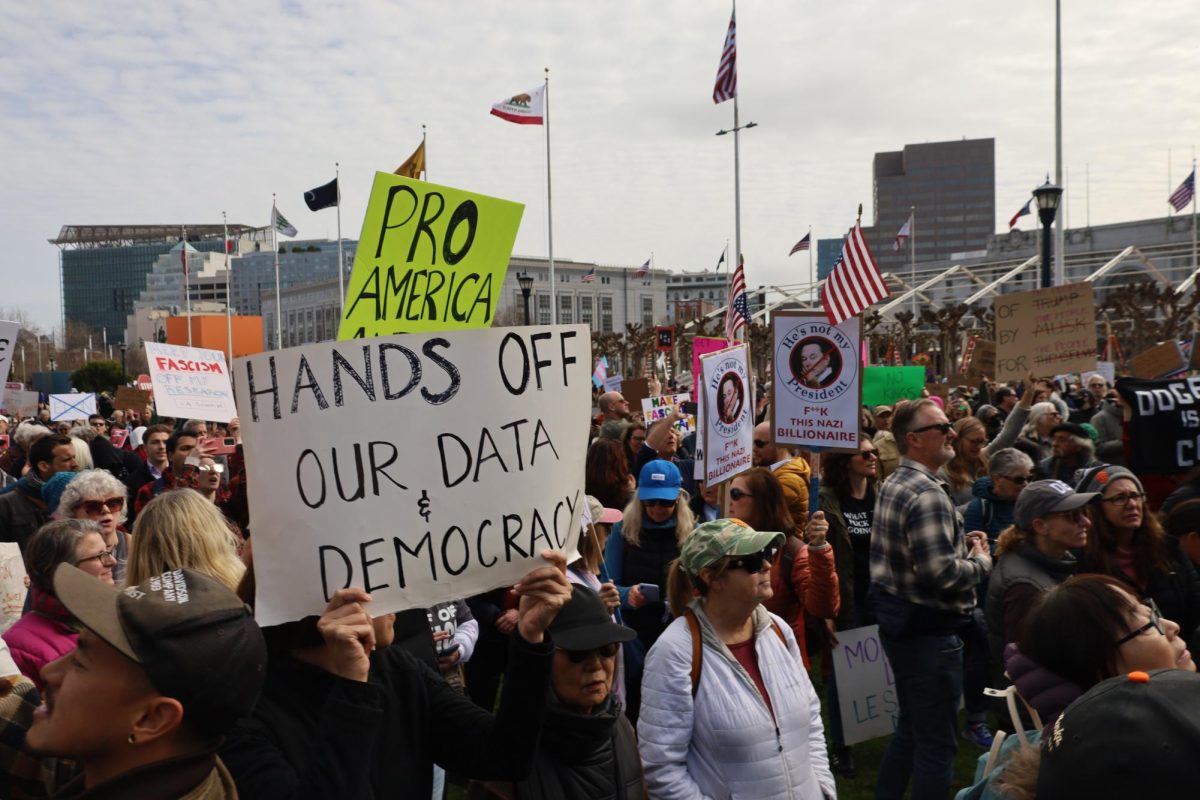Many SF State students, like nursing major Kana Thompson, undergo tuberculosis testing as a requirement for jobs and class programs. However, the SF State Student Health Center placed a temporary freeze on TB testing last month, when local labs proved unable to provide accurate blood test results.
According to Health Center officials, who blamed faulty blood sample tubes — among other potential causes — 39 percent of blood tests returned without results.
“The Student Health Center not offering any testing is a huge problem,” Thompson said. “If you’re not getting tested you can lose your job or get kicked out of your program.”
TB testing is a very popular service among students who stop by the Health Center, according to Aimée Williams, Student Health Center lead health educator. It’s a service that many students on campus need due to requirements within majors. Majors that require students to work with children, people prone to serious infection or in medical settings generally require rounds of vaccinations and TB testing.
Such majors include nursing, child and adolescent development and special needs education. The shortage makes the vaccination and testing requirement difficult for students rely on the Student Health Center.
According to the manufacturer Sanofi Pasteur Limited, a quality control issue with the current batch of Tubersol, the fluid necessary for tuberculosis tests, rendered it unusable. This is the second shortage in six months. The Health Center could no longer provide the standard TB skin test, and instead offered a $50 blood test as an alternative, for the past several weeks.
The high percentage of indeterminate results from blood tests, however, is higher than expected, according to Alastair Smith, Student Health Center director. The center has tried to identify the cause of error, working closely with the tubes’ manufacturer and the lab that processes the blood.
“My feeling is you’ll find that (it has) lots of little problems: little problems with the tubes, little problems with the timing,” Smith said. “It’s usually not one big error, it’s a multitude of little errors. We need to look at all the things that could be contributing to this problem.”
The diagnostic problem has been linked to the mitogen tubes that are used in collecting and incubating the blood, according to Smith.
Mitogen tubes are specific containers used for the Quantiferon blood tests — the mitogen in the tubes reacts with the blood and TB antigens, providing positive or negative tuberculosis results.
It’s still unclear whether the problem lies with the tubes’ manufacturer, Qiagen, or with the length of time between the blood draw and testing at Quest laboratory, the offsite lab used by the health center.
“There were and are still a lot of unknowns,” said Williams. “The results weren’t at the accuracy level we thought they should be at, so we’ve stopped the tests until it’s all resolved. We don’t want to give students inaccurate results and scare them.”
The current scarcity problem will not be resolved until November, according to Matt Conens of the California Department of Public Health’s Office of Public Affairs.
While college students are often more at risk for diseases like meningitis, the flu and mononucleosis, their risk for developing tuberculosis is equal to that of the general public, according to Conens.
Until the national supply of Tubersol has been restocked, the Centers for Disease Control and Prevention recommends that blood tests be substituted for skin tests and that the remaining available skin tests be allocated to priority needs, such as TB contact investigations.
Williams recommends students check the Student Health Center website for updates on testing availability.
Blood testing is available at the Chinatown Public Health Center for $80 or at SF Department of Public Health Adult Immunization and Travel Clinic for $105. The AITC is also offering skin testing for $40.






